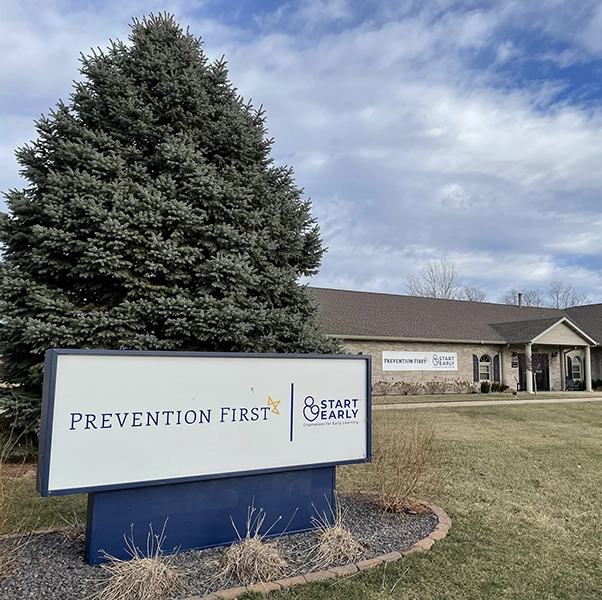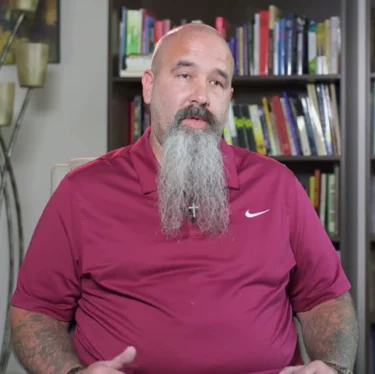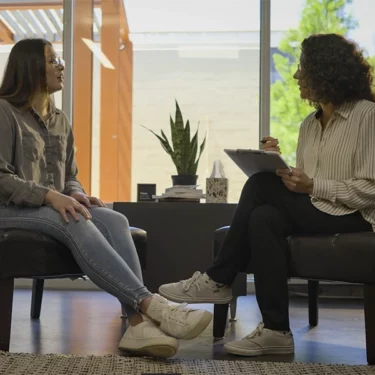When it comes to substance use prevention, collaboration is key. Just ask the staff of Prevention First, a National Council member and nonprofit headquartered in Springfield, Illinois. They’re creating partnerships to promote healthy behaviors and prevent drug and alcohol misuse in youth. We spoke with CEO Karel Homrig, M.S.Ed., to learn more about the organization and their impact.
What role is your organization playing in Illinois communities?
“Since 1980, Prevention First has been Illinois’ leading training and resource center for preventing substance misuse and related issues. Our mission is to advance efforts to promote healthy behaviors and prevent substance misuse in communities through a variety of evidence-based and collaborative approaches, including training, support and public awareness. We do this through our three A’s: advising schools and communities on implementing effective, culturally responsive prevention programs, strategies and services; working with them to amplify their strengths and existing efforts to increase effectiveness; and raising public awareness in advocating for the changes needed to preserve the health and wellbeing of our loved ones and the communities in which they live.”
How have substance misuse and overdose impacted Illinois?
“Much like other states, Illinois has been affected by the opioid crisis. Record-high overdoses and overdose-related mortality rates persist. Significant public health consequences, mental health challenges, barriers to treatment and access to opioid medications are contributing to Illinois’ opioid crisis. Prevention First’s Leadership Center works to support communities as they address opioid misuse and overdose. For example, through training and technical assistance, we are helping organizations implement the Strategic Prevention Framework with coalitions in their communities and identify strategies to address contributing factors impacting opioid misuse and overdose. We know local people solve their local problems best, and we are here to help!”
Collaboration is an integral part of your success. Can you share an example?
“The Alcohol Policy Resource Center at Prevention First has collaborated with the Illinois Liquor Control Commission’s Division of Enforcement, resulting in more than 100 law enforcement officers trained to implement alcohol compliance checks in their local community. The partnership has enhanced both agencies’ reach and allowed for programming expansion. The collaboration has been the catalyst for creating much-needed resources in the field!”
How else are you promoting healthy behaviors in your community?
“We promote health and wellbeing through various channels, including traditional methods like maintaining a robust website of resources and training events, strategic messaging on social media channels and a monthly newsletter. Additionally, we work to prevent substance misuse by developing and providing campaign materials for seven different campaigns to prevention providers in Illinois to use locally. These campaigns are in addition to four statewide public awareness campaigns that address cannabis use, opioid misuse, youth polysubstance use and recovery.”
What steps are you taking to support youth wellbeing in your community?
“The Youth Prevention Resource Center at Prevention First believes that for young people to thrive, they should be equipped with the tools to support their own mental wellbeing and recognize and respond when their peers are struggling. That’s why we offer teen Mental Health First Aid to high school students throughout Illinois. We also know the difference a caring adult can make in a young person’s life, which is why we offer Youth Mental Health First Aid to adults who work with youth. We believe the more information and understanding adults, parents and caregivers have regarding the mental health challenges young people face, the more help young people will have to meet those challenges.”
What should we keep in mind when talking to youth about substance use?
“Be positive, while maintaining a clear no-use message. Avoid judgment and stigmatizing language while being honest about the potential effects on their life goals. Keep the conversation going — substance use prevention messages are more effective when regularly reinforced. And ensure they understand they have a resource in you: for questions, listening and support.”
Guest Author
CEO
Prevention First




